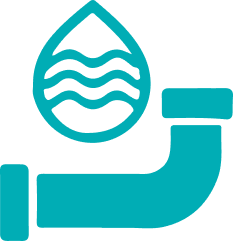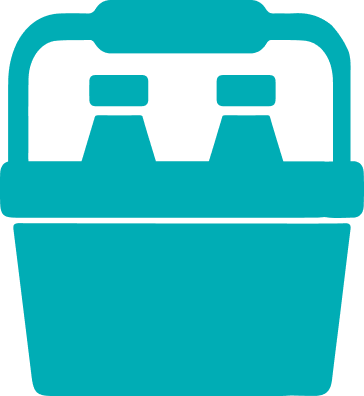VOCs and SVOCs in Water
Comprehensive Testing for Volatile and Semi-Volatile Organic Compounds
Volatile Organic Compounds (VOCs) and Semi-Volatile Organic Compounds (SVOCs) are chemical pollutants often introduced into water through industrial processes, agricultural runoff, and improper waste disposal. These compounds can pose significant health risks, even in small concentrations. Our VOCs and SVOCs Testing Services ensure your water is safe for use and complies with regulatory standards.
"*" indicates required fields
Why Test for VOCs and SVOCs?
VOCs and SVOCs are commonly found in drinking water due to their widespread use in industrial, agricultural, and residential settings. These compounds can:

Pose Health Risks
Exposure to VOCs such as benzene, trichloroethylene, and toluene is linked to cancer, liver damage, and neurological disorders. SVOCs, like polycyclic aromatic hydrocarbons (PAHs), may cause long-term health issues.

Contaminate Groundwater
These compounds are highly mobile, making them a common issue in private wells and groundwater systems.

Affect Water Quality
VOCs often give water an unpleasant chemical taste or odor.

Lead to Regulatory Violations
Failing to meet EPA limits for VOCs and SVOCs can result in penalties and risks to public health.
Did You Know?
VOCs are more likely to evaporate into the air, while SVOCs tend to settle in water, making both critical to test for comprehensive safety.
Our VOCs and SVOCs Testing Services
We provide advanced testing solutions to detect and quantify organic contaminants in your water, including:

VOCs Testing
Identify volatile compounds such as benzene, toluene, xylene, and trichloroethylene (TCE).

SVOCs Testing
Analyze semi-volatile compounds like phthalates, phenols, and PAHs.

Industrial Chemicals Analysis
Detect contaminants from industrial solvents, fuels, and degreasers.

Agricultural Runoff Detection
Identify pesticides and herbicides classified as VOCs or SVOCs.

Comprehensive Reporting
Detailed results and actionable insights tailored to your water supply.
Our Testing Process is Simple and Efficient
01.
Contact Us
Reach out to schedule your test at a convenient time for you.
02.
Choose Your Option
Some parameters, like pH and chlorine, conductivity, turbidity, can be tested momentarily with
Read More
Read More
Read Less
03.
Sample Collection
We can visit your location to collect water samples, ensuring proper techniques are followed for
Read More
Read More
Read Less
04.
Receive Your Results
Get detailed, actionable insights from our reliable reports, helping you address any water quality concerns effectively
Who Needs VOCs and SVOCs Testing?
Not Sure If You Need Testing? Contact Us for Guidance
Don’t wait for issues to arise—regular testing can prevent costly problems and health risks.
Our services are designed for:
Homeowners: Especially those with private wells near industrial or agricultural areas.
Businesses: Ensure compliance with local and federal water quality standards.
Industrial Facilities: Monitor discharge to prevent contamination of nearby water sources.
Municipal Water Suppliers: Maintain water quality for public use.
Environmental Agencies: Assess contamination levels in impacted areas.
When to Test for VOCs and SVOCs?
After Chemical Spills: Ensure your water source is unaffected by nearby industrial or agricultural incidents.
Near High-Risk Areas: Test regularly if your property is near factories, landfills, or fuel storage facilities.
If You Notice Changes: A chemical taste or odor in your water may indicate VOC contamination.
Annually for Private Wells: Regular testing ensures continued safety and compliance.
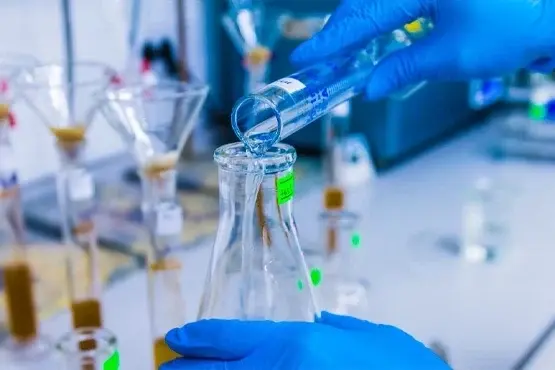
Benefits of VOCs and SVOCs Testing

Health Protection
Detect toxic chemicals that pose serious health risks.

Regulatory Compliance
Meet EPA and local water quality standards.
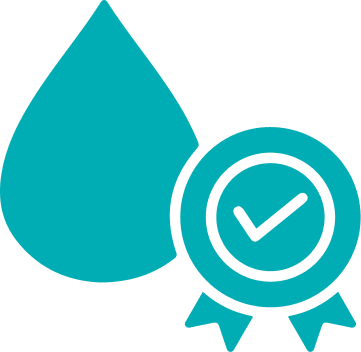
Water Quality Assurance
Address issues with taste, odor, and chemical safety.

Peace of Mind
Understand and address contamination risks effectively.
Expert Insights on Testing Methods
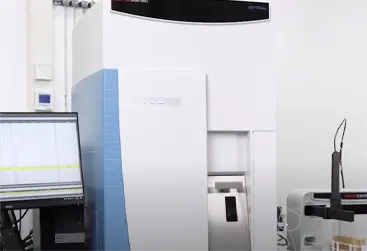
ICP-MS (Inductively Coupled Plasma Mass Spectrometry) for detecting trace metals with precision.
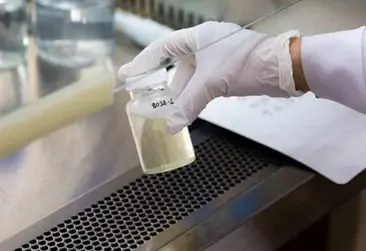
Microbiological Testing for identifying pathogens like E. coli and Legionella.
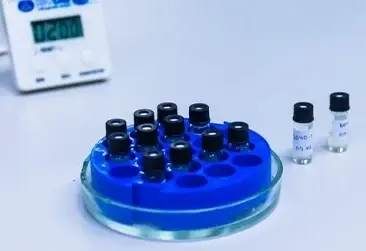
Ion Chromatography for measuring ions like nitrates and sulfates.
Reliable Water and Air Quality Testing Services
Protect your environment with our specialized water and air quality testing solutions, offering comprehensive analysis to detect contaminants, convenient sample collection, and on-site testing for immediate results. Contact us today to schedule a consultation or on-site visit and take the first step toward a healthier, safer environment!
Frequently Asked Questions
What are VOCs and SVOCs?
VOCs are volatile organic compounds that evaporate easily into the air, such as benzene and TCE. SVOCs are semi-volatile and tend to linger in water, including compounds like phthalates and PAHs.
How do VOCs and SVOCs get into water supplies?
They often enter through industrial discharges, agricultural runoff, chemical spills, or improper waste disposal near water sources.
Are VOCs and SVOCs harmful to health?
Yes, long-term exposure to certain VOCs and SVOCs is linked to cancer, organ damage, and other serious health conditions.
How often should I test for VOCs and SVOCs?
Annual testing is recommended for private wells or properties near industrial, agricultural, or high-risk areas.
What can I do if VOCs or SVOCs are found in my water?
We provide expert recommendations, including activated carbon filters, reverse osmosis systems, or addressing contamination sources directly.
Request a Test or Consultation
Your Environment, Our Priority – Fill out the form below, and our team will get back to you as soon as possible.
"*" indicates required fields

